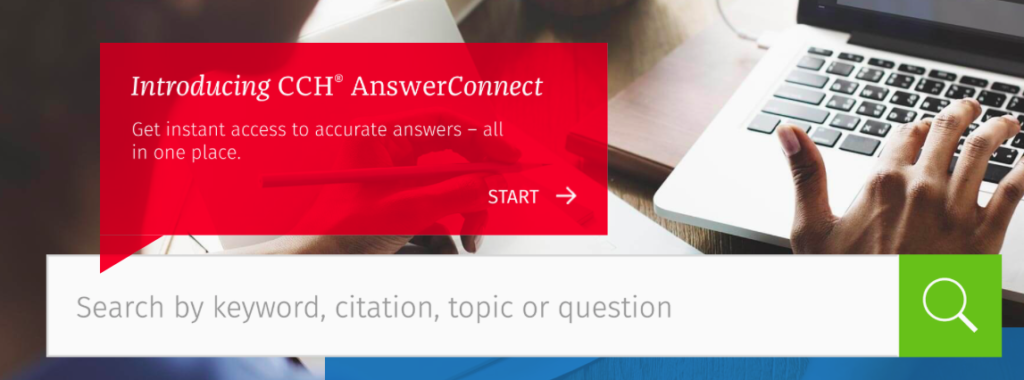
Wolters Kluwer Tax & Accounting has announced that its recently launched CCH AnswerConnect natural language processing (NLP) expert system for tax experts will now offer voice-based interactions by leveraging Microsoft Windows 10‘s Cortana machine learning voice system.
It’s an interesting and clearly logical next step for an expert system to take, i.e. first companies such as Wolters Kluwer build up huge databases of legal and tax regulation data, then they make it searchable, then they develop a more NLP-based system (which it did last year with CCH), and then the next stage is to add voice so you can just ask your phone or computer a regulatory question.
Does voice change things? It could save time, and as Cortana can utilise machine learning, it could – one would presume – get better at answering as time goes by. Moreover, as the system develops in the years ahead and Microsoft gives Cortana more capabilities, perhaps tax experts will be able to have more detailed conversations with the system that are substantively more useful and effective than just typing questions into a query box on a computer screen.

They add: ‘Professionals can get the answers they need without leaving a tax return, spreadsheet or document, making the workflow more efficient and productive.’
I.e. rather than having to stop what they are doing, they can just ask the question that’s on their mind, while their fingers continue to busily tap away at the work they are focused on.
Is this a massive time saving? Probably not. Is it more fun? Absolutely. But, as mentioned above, the real benefits of voice and machine learning assistants will likely come several years in the future, when proactive interactive capabilities are far higher, i.e. Cortana is looking at your attempt to do legal and tax research and decides to point out some helpful ideas, you discuss back and forth verbally, and because the system is actually deeply enough trained on the specific area you work on, it can really add value.
I.e. it becomes like a digital imprint of your professional brain, which holds loads of things you’ve probably forgotten about, but which Cortana, or other assistant, never forgets. In fact, it just keeps networking the data together to find more and more relevant connections that may be of use to you.
OK, we are not there yet. But this is an interesting first step and could lead to the above ‘proactive voice assistant’ stage.
Jason Marx, CEO, Wolters Kluwer Tax & Accounting, North America, said: ‘We collaborate closely with customers and witnessed first-hand how professionals call out questions to colleagues across a room. Enhancing CCH AnswerConnect with voice-enabled technology is a natural way to augment technology based on how professionals really work.’
The next big question is: when will all lawyers have something like this, not just tax lawyers and accountants? And…when will the general public also have access to something like this, so they can be guided by voice all the way through complex form-filling in the tax and legal world? After all, A2J innovators, such as RightsNOW, have already started to develop a voice system for civil rights information, and LawDroid the pioneering legal bot developer has also started working on voice services.
3 Trackbacks / Pingbacks
Comments are closed.